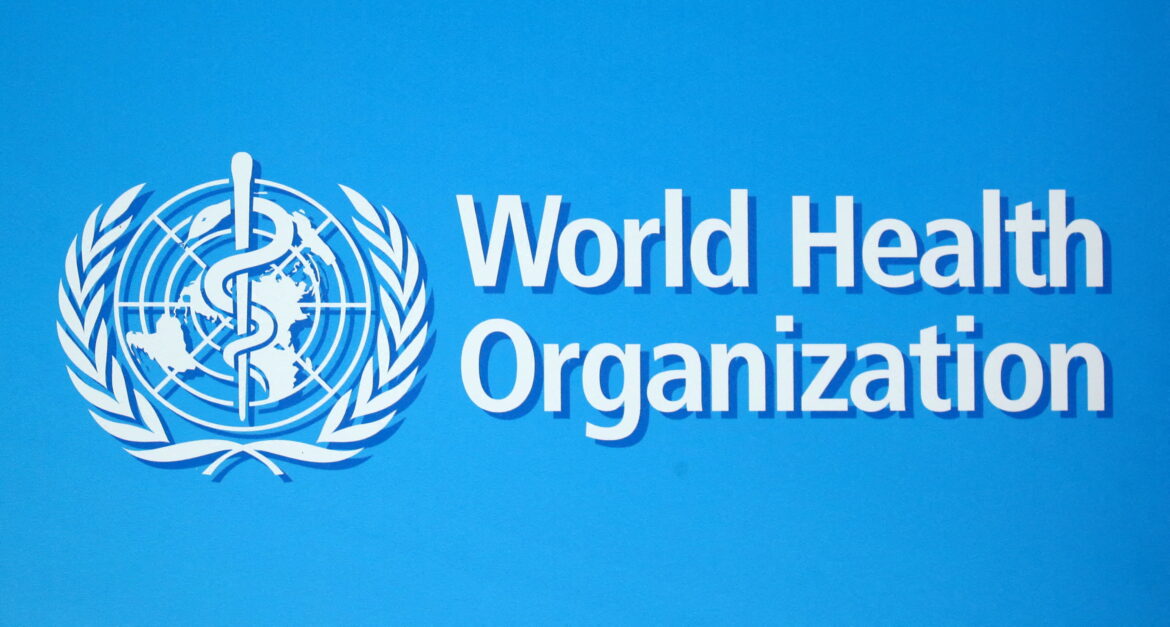By Muhammad Amaan
The World Health Organisation (WHO) said older women and women with disabilities face particular risk of abuse, yet their situation is largely hidden in most global and national violence-related data.
The organisation said this in a statement made available to newsmen, adding that the information is based on two new publications released on March 27.
It stated that “the health agency is calling for better research across countries that will help to ensure these women are counted, and that their specific needs are understood and addressed.
“Where there is evidence on Gender-Based Violence among these groups, data shows high prevalence.”
The global body also stated that one systematic review found greater risks of intimate partner violence for women with disabilities, compared with those without, while another review found higher rates of sexual violence.
It quoted the organisation’s Technical Officer, Dr Lynnmarie Sardinha, as saying that “older women and women with disabilities are under-represented in much of the available research on violence against women.
“The under-representation undermines the ability of programmes to meet their particular needs.”
Sardinha, who is also the UN Special Programme on Human Reproduction (HRP) for Violence Against Women Data and Measurement, and Author of the briefs, said there was need to understand such women.
“Understanding how diverse women and girls are differently affected, and how they access services, is critical to ending violence in all its forms,” she said.
According to her, intimate partner and sexual violence are the most common forms of GBV globally and affect around one in three women.
She said older women and women with disabilities are still subjected to these types of violence, but also face specific risks and additional forms of abuse, “sometimes in the hands of caregivers or healthcare professionals.
“These include coercive and controlling behaviours such as withholding of medicines, assistive devices or other aspects of care, and financial abuse.”
The technical officer added that among women aged 60 years and older, a review conducted by WHO found that physical or sexual intimate partner violence remained the most frequently experienced forms of abuse.
She, however, said that “as partners aged, some women reported a shift from predominantly physical and/or sexual violence to psychological violence, including threats of abandonment and other controlling behaviours.
“Older women and women with disabilities can be extremely isolated when violence occurs, making it difficult for them to escape and report the abuse.
“Stigma and discrimination can further reduce access to services or information, or result in their accounts of violence being dismissed by responders.”
Dr Avni Amin, the Head of the Rights and Equality across the Life Course Unit at WHO and HRP, said GBV is rooted in unequal power and control over women.
She said that “for older women and women with disabilities, their dependency and isolation are further exploited by perpetrators, increasing their risk of abuse.
“Services must be responsive to their needs and identify appropriate contacts through the health and care systems, so that all women experiencing violence can access empathetic, survivor-centred care.”
Amin said that the organisation recommended several measures to address gaps, explaining that “older women are currently represented in only about 10 per cent of data on violence against women.”
According to her, the organisation suggested incorporating questions relating to different types of violence, encompassing a broad spectrum of disabilities.
She said that the briefs are the first in a series on neglected forms of violence, developed as part of the UN Women-WHO Joint Programme on Violence Against Women Data, through HRP.
She said “they are intended for use by researchers, national statistics offices, social care and welfare services and others involved in data collection on violence against women.
“Funding has been provided from the Foreign and Commonwealth Development Office of the Government of the United Kingdom of Great Britain and Northern Ireland.”
Amin said that the briefs, WHO developed a survey module to support data collection on violence against older women, to be used alongside existing surveys.




